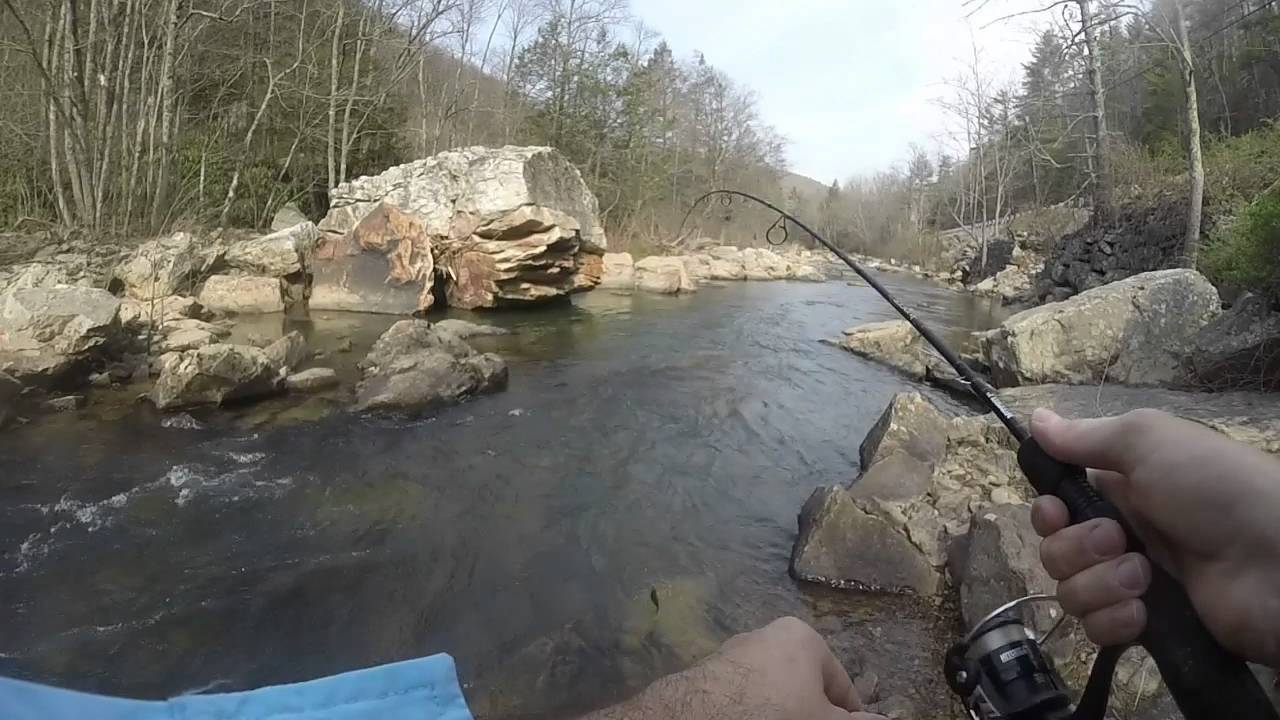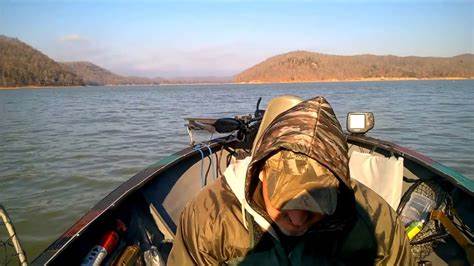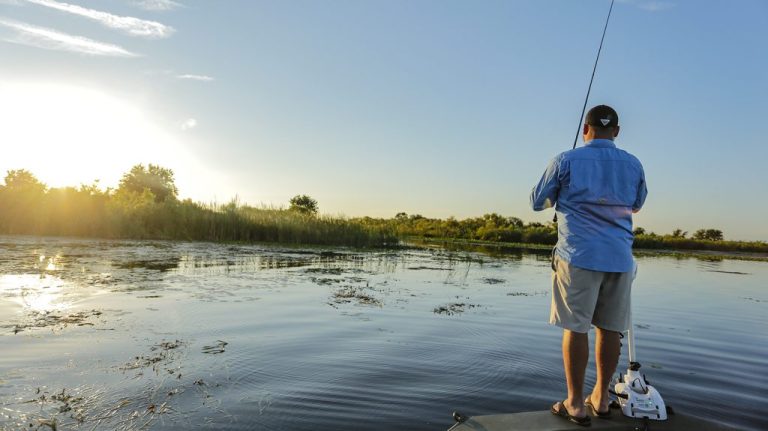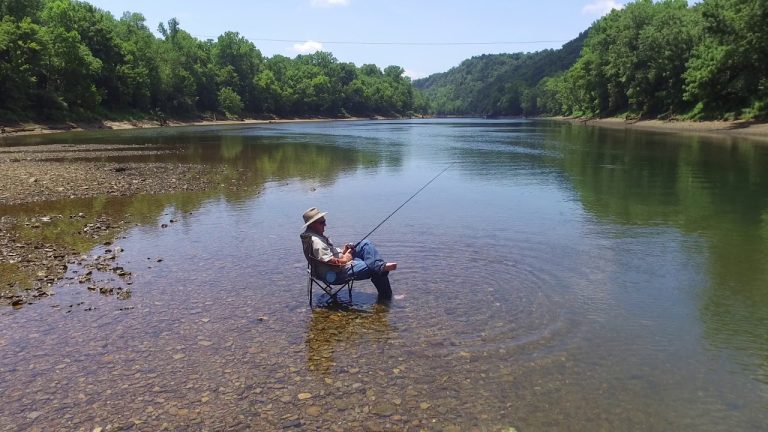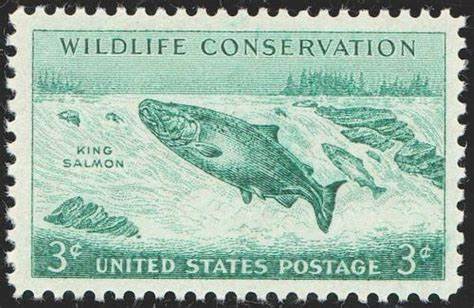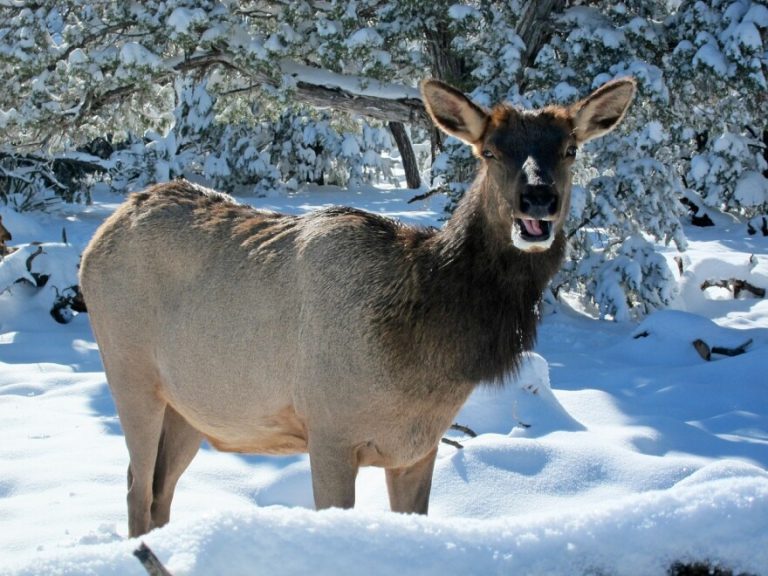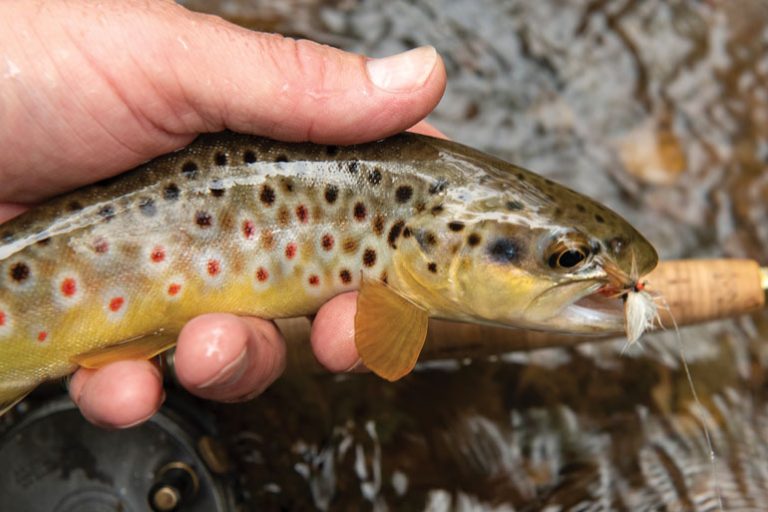West Virginia is known for its rich fishing heritage, offering a variety of fishing experiences in its rivers, lakes, and streams. The state is home to numerous fish species, including trout, bass, catfish, and more. To maintain the health of these fish populations and ensure sustainable fishing practices, the West Virginia Division of Natural Resources (WVDNR) has established specific regulations that all anglers must follow. Understanding these regulations is essential for a successful fishing trip in 2025.
Licensing Requirements
Who Needs a License?
All anglers aged 15 and older must possess a valid West Virginia fishing license. This requirement applies to both residents and non-residents. Additionally, anglers must carry a valid form of identification while fishing.
Types of Licenses
West Virginia offers various types of fishing licenses to cater to different needs. Below is a table summarizing the main types of licenses and their associated costs:
| License Type | Resident Fee | Non-Resident Fee | Notes |
|---|---|---|---|
| Annual Fishing License | $18 | $35 | Standard fishing license for one year. |
| Youth Fishing License (Ages 15-17) | $15 | N/A | For young anglers between 15 and 17 years old. |
| Senior Lifetime License | $325 | N/A | Available to residents aged 65 and older. |
| Trout Stamp | $10 | $16 | Required for fishing for trout. |
| Non-Resident One Day License | N/A | $5 | Valid for one day of fishing. |
Note: Prices are subject to change, so it’s essential to check the WVDNR website for the most current information.
Where to Obtain a Fishing License
Fishing licenses can be purchased through several convenient methods:
- Online: Visit WVfish.com to purchase your license. Note that there is a $2 issuing fee per license purchased online.
- In-Person: Licenses are available at over 350 retail locations throughout the state, including county clerk offices. An issuing fee of $3 applies for the first purchase and $1 for any subsequent purchases.
- By Phone: Call the Hunting and Fishing License Unit at (304) 558-2758 to obtain a license over the phone.
Updated Regulations for 2025
The WVDNR has implemented several updates to fishing regulations for 2025 to promote sustainable fishing practices and protect fish populations. It is crucial for anglers to familiarize themselves with these changes to ensure compliance.
Species-Specific Rules
The following are key updates to species-specific regulations for 2025:
- Blue Catfish: The minimum size limit has been adjusted to promote growth and sustainability.
- Channel Catfish: New possession limits have been established to prevent overharvesting.
- Sauger and Saugeye: Updated limits have been introduced to protect these species during their spawning seasons.
New State Record Fish Categories
In an effort to encourage anglers and recognize exceptional catches, the WVDNR has introduced new state record fish categories for 2025. These categories include:
- Black Crappie
- Redbreast Sunfish
- Redeared Sunfish
- Pumpkinseed Sunfish
- Redhorse Suckers
Anglers interested in reporting a catch for these categories can find detailed instructions on page 23 of the fishing regulations.
Fishing Techniques and Tips
To enhance your fishing experience, it’s essential to understand the various fishing techniques permitted in West Virginia and the regulations that accompany them.
Hand-Fishing for Catfish
Hand-fishing, also known as “noodling,” is a popular technique for catching catfish in West Virginia. This method is legal in public waters from June 15 to August 31, with fishing permitted from sunrise to sunset. Anglers should be aware of safety precautions and local regulations when hand-fishing.
Bow Fishing
Bow fishing is another exciting method for catching fish in West Virginia. While bow fishing for game fish is not permitted, anglers can target non-game species such as common carp, bighead carp, silver carp, and grass carp year-round. A valid fishing license is required, and all applicable regulations must be observed.
Ice Fishing
For those interested in ice fishing, it is important to note that holes cut for ice fishing must not exceed 10 inches in diameter. This regulation applies to all public waters where ice fishing is allowed. Anglers should also be aware of safety guidelines and ice conditions before venturing out.
Conservation and Safety
Fish Consumption Advisories
The WVDNR issues fish consumption advisories to protect public health. Due to elevated selenium levels detected in Upper Mud Reservoir, a consumption limit of “one meal a week” is advised for certain species, including largemouth bass, white crappie, bluegill, and green sunfish. It is crucial for anglers to stay informed about these advisories to ensure safe consumption of fish.
Protecting Fish Populations
The WVDNR is committed to protecting West Virginia’s unique fish populations through various regulations. These regulations are established to prevent overharvesting, protect spawning fish, and maintain healthy populations. Anglers are encouraged to follow these rules and practice responsible fishing to help preserve the state’s aquatic ecosystems.
Fishing Opportunities and Events
West Virginia offers numerous fishing opportunities throughout the year, including special events and tournaments that cater to anglers of all ages and skill levels.
West Virginia Gold Rush
One of the most anticipated events in West Virginia is the West Virginia Gold Rush, which takes place each spring. During this event, the WVDNR stocks over 50,000 golden trout in lakes and streams across the state, providing anglers with a unique opportunity to catch this prized fish. The event typically runs from April 1 to April 13, and anglers are encouraged to participate and enjoy the thrill of fishing for golden trout.
Fishing Tournaments
West Virginia hosts a variety of fishing tournaments throughout the year, attracting anglers from near and far. These tournaments provide a competitive yet friendly atmosphere for participants and often feature prizes for the largest catches. Anglers can find a complete list of upcoming tournaments on the WVDNR website.
Conclusion
Fishing in West Virginia is a rewarding experience that allows anglers to connect with nature and enjoy the beauty of the state’s waterways. By staying informed about the latest regulations and practicing responsible fishing, you can ensure a safe and enjoyable experience. Whether you are a seasoned angler or a beginner, understanding the licensing requirements, updated regulations, and fishing techniques will enhance your fishing adventures in 2025.
For more information on fishing regulations, to purchase your fishing license, or to learn about upcoming events, visit the West Virginia Division of Natural Resources website. Enjoy your fishing journey in the beautiful state of West Virginia!



